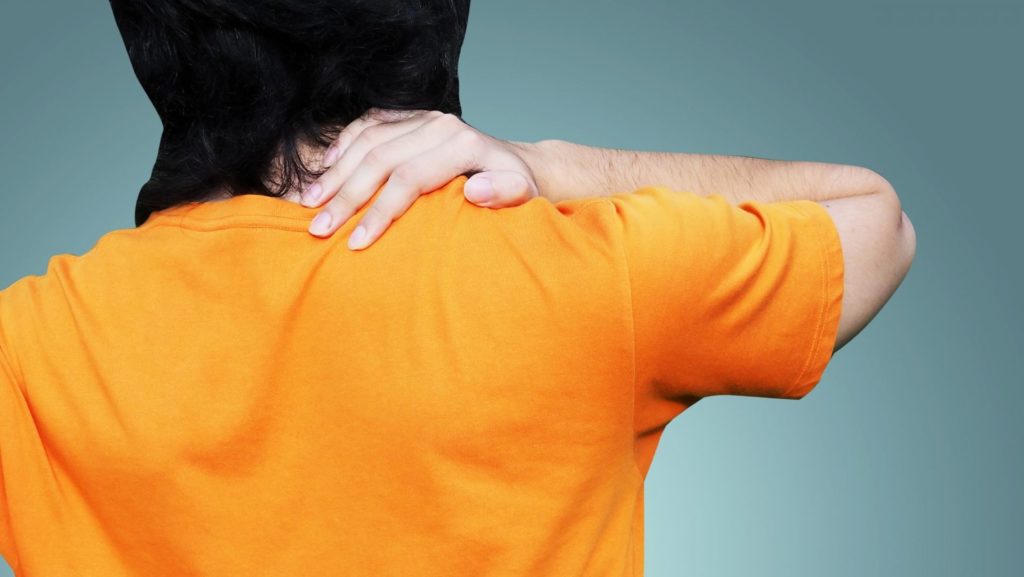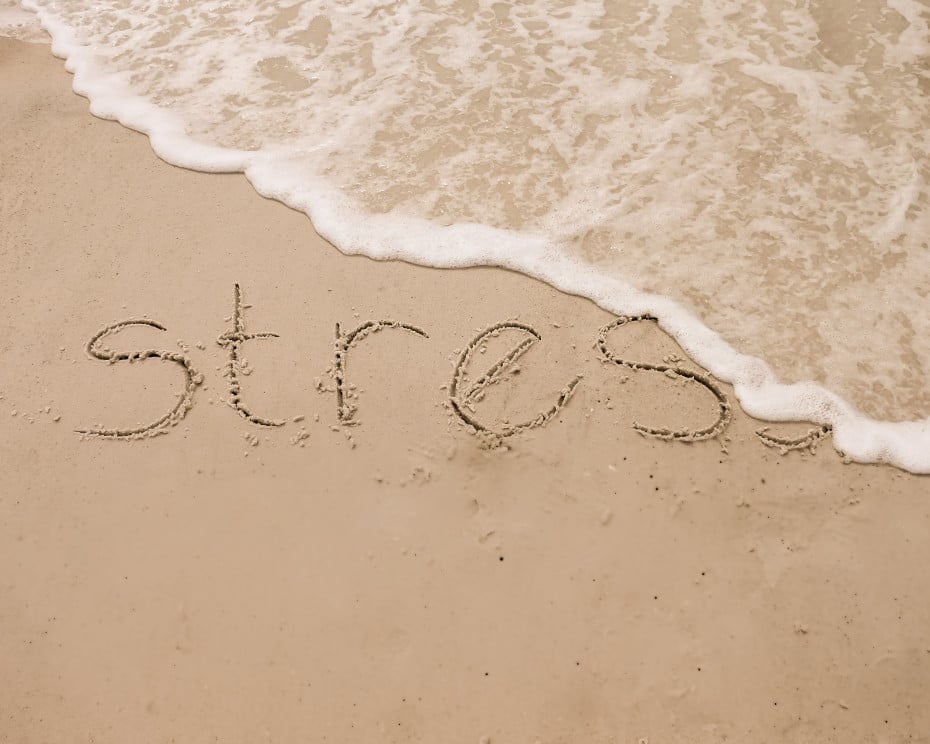Read Time: 3:30 Mins
In December 2018 the Hemp Farming Act was signed into law vastly expanding research and production of hemp across the nation. It is already bearing fruit so to speak. Last month, the Flowering HOPE Foundation in Boulder, CO, and Clover Leaf University in Denver announced their collaboration on the first approved U.S. clinical study investigating hemp-derived cannabinoid supplements for brain injury recovery.
The study seeks to answer whether subjects taking hemp-based supplements (HBS) experience relief from brain injury symptoms, and how HBS may improve their well-being, sleep quality, and cognitive abilities. To accomplish this, scientists will use survey questions, cognitive testing, and electroencephalograms (EEG) that measure the brain’s electrical activity. In addition, the study will try to understand why some people responder to HBS health benefits while others do not. It’s serious study seeking adult male or female volunteers between the ages of 18 to 55 who experienced a head trauma/concussion resulting in the diagnosis of mild to moderate Traumatic Brain Injury with less than 30 minutes of unconsciousness, and post-traumatic amnesia lasting less than 24 hours.
The Flowering Hope Foundation
Jason Cranford, Founder of the Flowering HOPE Foundation (FHF), an organization that supports the medicinal use of plant-derived cannabinoids, called phytocannabinoids, described the motivation for sponsoring the study: “We hope to provide scientific support for the benefits of the natural plant-based compounds contained in hemp and move a step closer towards the unrestricted availability of non-synthetic cannabinoid therapeutics.” Translation: More hemp-based, natural medicine is a good thing for anyone who may benefit from it.
Mr. Cranford is a pioneer in the emerging cannabis industry with more than 25 years of experience in cultivation, extraction, and formulations. His know-how allowed him to breed a unique hemp strain selected for a blend of phytoterpenes and phytocannabinoids designed to alleviate treatment-resistant epilepsy in children without psychoactive side effects. He formulated the resulting strain, called Haleigh’s Hope, into a supplement offered by the FHF in 2013.
Clover Leaf University
The President and Founder of Clover Leaf University, Chloe Villano, is also a pioneer in the cannabis and hemp industry and prioritized brain injury for the study. “This historic study is the first of its kind, and it is a privilege to work with the Flowering HOPE Foundation to address the problem of brain injury and collaborate with a neuroscientist who understands the brain endocannabinoid system, such as Dr. Cooper. There are currently no effective treatments for traumatic brain injury or chronic traumatic encephalopathy, but phytocannabinoids may be a good candidate, based on the established science of anti-inflammatory and neuroprotective mechanisms. Clover Leaf University is excited to take the lead in clinical studies that will improve and save lives,” said Villano.
Don Cooper, Ph.D.
The lead neuroscientist responsible for the study, Don Cooper Ph.D. is President of Real-Time Diagnostics Ventures Inc. He has published 45 peer-reviewed papers on neuronal memory formation/plasticity and has studied brain cannabinoids since 2000 when he received his first NIH grant. “I never thought it would take almost 20 years from when I started working on the brain cannabinoid system to have the first approved clinical study on phytocannabinoids and brain injury. We have convincing preclinical data showing that phytocannabinoids are neuroprotective and may be critically important for restoring neuronal function after brain injury,” stated Cooper.
The study came about as a collaborative effort when Dr. Cooper screened hundreds of hemp strains for chemotyping. Dr. Cooper and Mr. Cranford found several that worked well for use in seizures and autism. They had one of its derivatives tested by a third party lab, and the results indicated a strong neuroprotective effect. As a result, Dr. Cooper and Mr. Cranford thought that certain phytocannabinoids and terpenoids might be beneficial for brain injury recovery. Clover Leaf University participated in growing the hemp for research and was interested in Chronic Traumatic Encephalopathy (especially affecting NFL players) because Ms. Villano knows several professional athletes who use cannabis to alleviate symptoms of repeated concussions.
Bring Your Own Hemp
Interestingly, the researchers are not restricting the type of phytocannabinoids that the subjects use. They will supply their own hemp products because, in the science world, this is not an intervention study where Dr. Cooper controls the hemp’s source, purity, the dosage history, and, include a placebo. Study participants provide their own hemp sources and dosing as part of an observational study. The main reason for this is the institutional review board (IRB), whose job it is to protect the study participants by assuring that any treatments are safe.
When the study concludes, we’ll follow up and share the results. Hopefully, hemp (and traditional cannabis) research will become commonplace providing more options for people suffering from Traumatic Brain Injury. It’s about time.
Karl Philips is a writer who covers the cannabis community from Los Angeles, CA.




